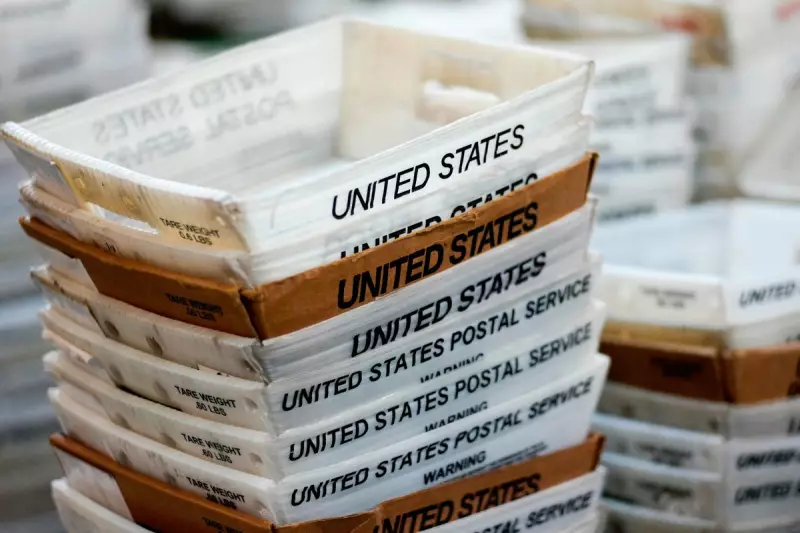
In a revelation that has sent shockwaves through diplomatic circles, former US President Donald Trump allegedly told European leaders he would actively encourage Russia to invade NATO member states that failed to meet defence spending commitments.
The stunning claim, reported by The Independent and corroborated by former National Security Advisor John Bolton, suggests Trump told European officials during his presidency that he would "push" Moscow to act against delinquent allies.
Marco Rubio's Dismissive Response
Republican Senator Marco Rubio, widely seen as a potential vice-presidential candidate, appeared to dismiss the severity of Trump's alleged comments during a television interview.
"He doesn't talk like a traditional politician," Rubio stated on CNN's State of the Union, attempting to downplay the implications. This response has drawn criticism from those who argue that matters of national security and international alliances should transcend political casualness.
European Anxiety Grows
The report has intensified existing concerns among European leaders about the potential consequences of a second Trump term. During his previous administration, Trump frequently criticised NATO members for not meeting the agreed-upon defence spending target of 2% of GDP.
However, these new allegations suggest a move beyond mere criticism into actively undermining the collective security principle that has been the cornerstone of the alliance since World War II.
A Pattern of Pro-Russia Sentiment
This revelation aligns with Trump's longstanding pattern of expressing admiration for Russian President Vladimir Putin. Throughout his political career, Trump has consistently praised Putin's leadership while criticising traditional US allies.
National security experts warn that such rhetoric, if translated into policy, could fundamentally destabilise European security architecture and embolden Russian aggression in the region.
The White House has yet to issue an official response to these allegations, which continue to generate intense debate on both sides of the Atlantic about the future of transatlantic relations.





